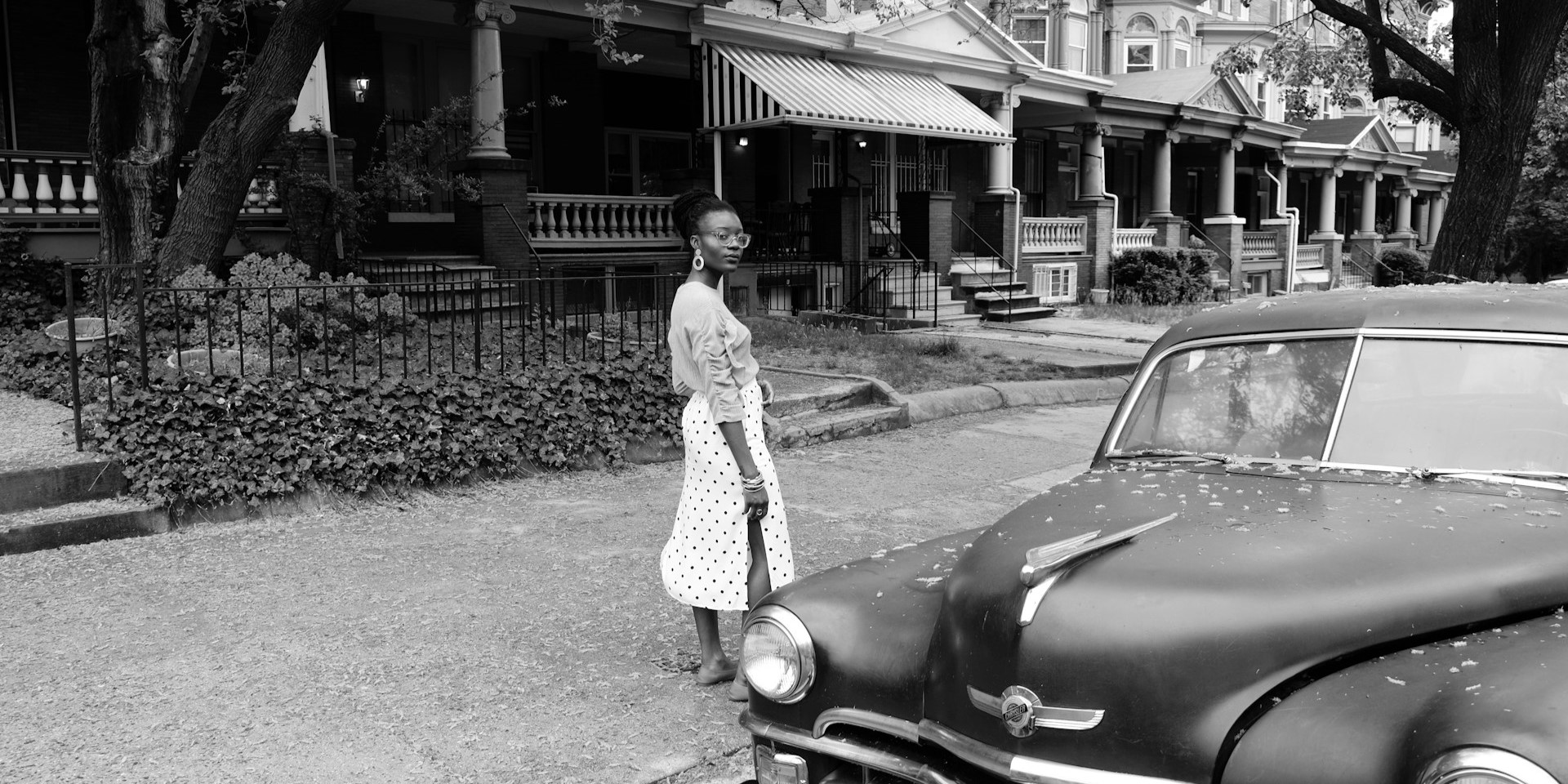Have you ever looked in the mirror and wondered, “Where do I come from?” The desire to trace ancestry is a powerful human urge, a chance to connect with the stories and faces that came before us. But for African Americans, this journey can be particularly challenging.
Unlike many families who can readily trace their lineage back to European countries, the legacy of slavery throws a thick veil over African American ancestry. So, why is tracing ancestry so difficult for African Americans, and what resources can help navigate this unique path?
Shattered Lineages: The Scars of Slavery
The brutal institution of slavery ripped families apart, severing the ties that bind generations. Enslaved people were seen as property, not individuals, and their stories were rarely documented. Imagine trying to piece together your family history when official records only mention your ancestor’s age and physical description, as documented in a recent article titled “The Peculiar Institution and the Erasure of Black History.” This lack of documentation makes it nearly impossible to follow the trail beyond the point of enslavement.
Even after the abolition of slavery, the path forward wasn’t smooth. Reconstruction offered a glimmer of hope, but segregation and discrimination continued to limit opportunities and mobility. Many African American families struggled to survive, let alone meticulously document their history. This means that precious details about ancestors, like their place of origin in Africa or their names before enslavement, can be lost to time.
Furthermore, the legacy of Jim Crow laws and racial oppression forced many African Americans to move from place to place in search of work and safety. This constant upheaval further fractured family ties and made it difficult to maintain detailed records. In some cases, families deliberately obscured their past to avoid discrimination or violence. The weight of history, then, adds another layer of complexity to tracing African American ancestry.
Beyond Documents: Unearthing the Stories We Carry
While traditional historical records might be scarce, there are other ways to piece together the puzzle of your ancestry. Oral history, the stories passed down through generations, becomes a vital tool. Talking to older family members, even distant relatives, can yield surprising details about ancestors. Remember the stories your grandparents told you, the snippets of information they shared about their own lives and the lives of those who came before them. These fragments of memory, passed down like heirlooms, can be your starting point.
Beyond spoken words, consider family traditions and cultural practices. Do you have any customs or dishes passed down through the generations? These traditions might offer clues about your ancestral origins. Researching African cultures and their customs can provide context and help you connect the dots between your family practices and a specific region in Africa.
DNA testing has emerged as another tool for tracing ancestry. While it can’t pinpoint your exact origins in Africa due to the forced migration of enslaved people, it can reveal genetic connections to other African Americans who share DNA segments. These connections might lead to shared ancestors and a deeper understanding of your broader genetic heritage.
A Journey of Discovery and Tracing Ancestry: Resources and Support
The quest to trace African American ancestry can be daunting, but it’s a journey worth taking. Here are some resources that can help you on your way:
- The African American Genealogical Society (AAHGS): https://www.aahgs.org/ offers resources, workshops, and a supportive community specifically geared towards African American genealogy.
- The National Archives: https://www.archives.gov/research/african-americans provides access to historical documents like Freedmen’s Bureau records and slave manifests, which might offer some clues about your ancestors.
- The Smithsonian National Museum of African American History and Culture: https://nmaahc.si.edu/ has a wealth of information and exhibits related to African American history and culture. This can provide valuable context for your genealogical research.
Remember, tracing ancestry is a marathon, not a sprint. It requires patience, persistence, and a willingness to explore unconventional avenues. The journey itself can be a deeply rewarding experience, connecting you to a rich history and the stories of those who came before you. Embrace the challenge, and who knows, you might just unearth a hidden gem – a piece of your family’s story waiting to be rediscovered.







